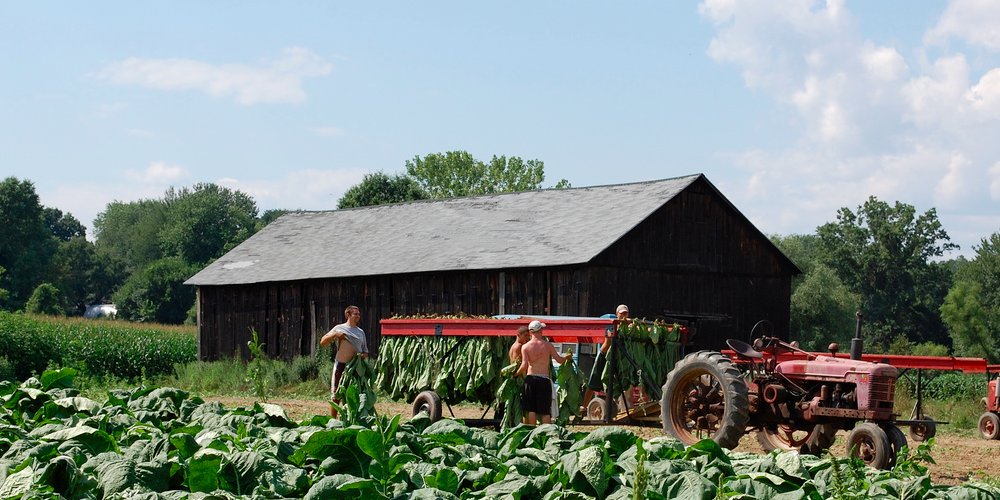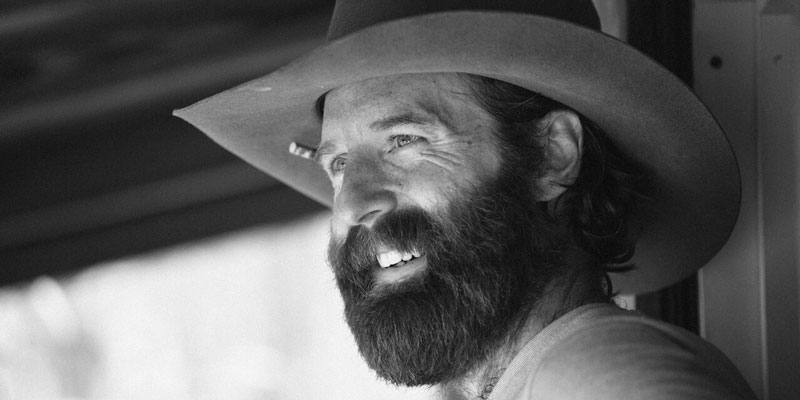
“He was a dirt farmer, last of his kind,” she said. “Poor as a church mouse, we never had money.”
Back then, few Alabama farms did. After a Depression, a world war, and losing acres of cotton to the boll weevil, she says they were almost licked. Then he started growing tobacco.
“His daddy was a cripple,” she said. “Not only did we farm, we cared for my husband’s daddy, fed him meals, bathed him.”
When her husband wasn’t doing that, he was supervising seven field workers. Or maybe it was ten. She can’t remember.
“He was good to’em,” she went on. “Remember once, this little old man came running and said, ‘My wife’s sick, boss. Think she’s dying.’ Right in the middle of a work day, they took her to the hospital. My husband paid for everything, even her funeral. It was sad.”
But farming wasn’t all sadness and poverty, there were high moments, too.
“Tobacco’s gotten a bad name over the years, but we thanked God for the money. I used to string leaves with the women all day, we sang work songs, you wanna hear one?”
Why not.
She hummed a somber melody, tapping her fingers to keep rhythm. Her voice was old, but if you listened close enough, you heard the entire South.
“When the crops got sold, we’d throw parties. Folks came from everywhere. Black, white, all kinds, didn’t matter. We ate and drank until the sun came up.”
She laughed.
“Thing about farmers is, they work twice as hard for half as much. My kids’re surprised when I tell’em how poor we were. ‘Course everyone was poor then. But, we never got so down we lost our morals.”
God forbid.
These were decent men, with good values. Men like her husband. Who paid workers before himself, who bought them new clothes and shoes. Who attended their baby dedications, hat in hand.
He was one of the men you won’t read about in history textbooks, even though their faces ought to be on the covers. A man who was above nothing, beneath no one.
Who slaughtered his own hogs, sweat in his own fields, sharpened his own tools, and still had time to kiss his kids goodnight. Who ate family suppers, doled out whippings, darned his own socks, and birthed his own son in the living room when the doctor was out of town.
“When he died,” she said. “It kinda felt like a whole generation went with him. He was a good man.”
But as it happens, she made a grave understatement. He was more than good.
He was a farmer.
 About the Author: Sean Dietrich is a columnist, and novelist, known for his commentary on life in the American South. His columns have appeared in The Birmingham News, The Tallahassee Democrat, South Magazine, the Bitter Southerner, Thom Magazine, Mobile Bay Magazine, and he has authored five books.
About the Author: Sean Dietrich is a columnist, and novelist, known for his commentary on life in the American South. His columns have appeared in The Birmingham News, The Tallahassee Democrat, South Magazine, the Bitter Southerner, Thom Magazine, Mobile Bay Magazine, and he has authored five books.
You can read more of his work on his website here.












